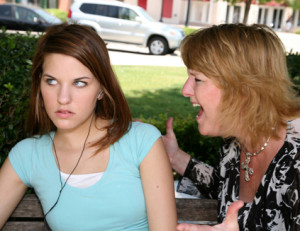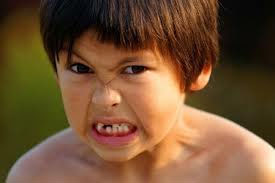 When children are little, the parent is all-knowing, the fountain of all knowledge. It gives the parent such a wonderful feeling – complete trust in your possession of infinite knowledge – and we hate to ‘let the child down’ when it turns out that there are actually many things that we know very little about (“how does that machine work?”). But when your knowledge is lacking, it’s a great time to admit that you don’t know and to bond around a knowledge seeking activity together.
When children are little, the parent is all-knowing, the fountain of all knowledge. It gives the parent such a wonderful feeling – complete trust in your possession of infinite knowledge – and we hate to ‘let the child down’ when it turns out that there are actually many things that we know very little about (“how does that machine work?”). But when your knowledge is lacking, it’s a great time to admit that you don’t know and to bond around a knowledge seeking activity together.
Whenever I needed homework help in spelling a particular word and I would ask my mother, since I knew full well that she knew (she had a large vocabulary from doing crossword puzzles for years) she would never give me the answer, instead always sending me to the dictionary to look it up. While I resented her not helping me out in this easy way when I knew she could, I quickly received the message that I had to seek out my own knowledge if I wanted to gain and keep it.
With adolescents there are many teachable moments that are frequently missed. And in so doing, we miss the chance to expand our children’s knowledge base in a non-threatening, non-lecturing way. Yesterday the condenser pump on the air conditioning in our house went out and the a/c is connected to the heating system.
My adolescent, about to take a shower: “That won’t affect the hot water, will it?”
Me, with the easy, short answer: “No, there’s plenty of hot water.”
Me, recognizing the teachable moment: “The a/c condenser pump works like a humidifier and takes out all the moisture that the cold air generates and diverts it, so the pump not working is creating a puddle of water downstairs, but is not affecting the heating system at all.”
Sometimes the missing of a teachable moment is due to laziness (it truly is a lot of work to be ‘on’ all the time and we do get tired), is due to not realizing the opportunity, or is due to assuming the adolescent already knows or is not interested in knowing whatever we’re selling. Whatever the reason, there is still no harm in diving into these teachable moments and much to be gained. Keep in mind that it’s not a full blown lecture being delivered here, just some brief but helpful nuggets that will stick in their minds for potential later use.
COMMUNICATION TAKEAWAY: Our children are like sponges for knowledge and will soak it up from many sources, with parents as the first, best, and most influential early teachers. It takes effort to notice opportunities to pass on useful knowledge in an offhand oh-by-the-way manner, without being overbearing. But these tucked away golden kernels are often helpful later and also serve to remind the adolescent that you still know a thing or two!









